World Bank: Romania should invest almost 3pct of GDP for decarbonised energy sector up to 2050
Romania has the potential to significantly improve its living standards while decarbonising the economy towards the climate objective of reaching carbon neutrality by 2050. Analysis indicates that Romania's economy has the potential to benefit from a strong convergence dynamic with above EU average GDP growth rates over the coming decades, almost tripling standards of living by 2050, according to the latest World Bank's Romania Climate Change Development Report (CCDR) released on Tuesday.
According to the document, Romania is highly vulnerable to the risks of climate change, particularly floods and drought. Its economy is relatively carbon intensive, at 2.5 times the average for the European Union (EU).
"While the challenges of decarbonisation are considerable, with the proper mix of structural, social and economic reforms, and effective investments underlined by public, private and EU funds, Romania can improve living standards while achieving its climate goals," said Marina Wes, World Bank Country Director for the European Union.
The report notes that Romania is on track to reduce net greenhouse gas (GHG) emissions by at least 55 percent by 2030, relative to 1990 levels.
Romania is said to have reduced GHG emissions by 53% between 1990 and 2018, but its commitment to carbon neutrality by 2050 will require political actions and substantial and coordinated funding. The investments needed just for the development of a decarbonised energy sector are estimated at USD 356 billion up to 2050, representing approximately 3% of the country's cumulative GDP for the same period.
With over 70% of Romania's total energy usage dependent on fossil fuels, energy transition is paramount. The energy sector, comprising electricity generation, heating, transportation and manufacturing, accounts for 66% of emissions in the country, followed by agriculture (17%), and industry (12%).
To reach net zero by 2050, Romania needs to implement a massive electrification program replacing direct consumption of fuels with energy generated from renewable sources. The CCDR demonstrates that the incremental cost of developing a greener, renewable power system does not substantially increase investment needs. Increasing energy efficiency in buildings, especially through better insulation, is also highlighted as a critical investment.
The report offers a suggested pathway to net zero by 2050, with a focus on several other priority areas in addition to decarbonizing the energy sector. These include: decarbonising the transport sector; optimising the use of water, and investing in human capital and skills.
At the same time, the report notes the critical role of the private sector not only in the decarbonisation effort, but also in the financing of relevant investment, especially in the transport and electricity sectors, and that a consolidation of the existing public-private partnership (PPP) framework could contribute to the mobilisation of private financing.
"The green transition will generate unprecedented opportunities for growth, development, and technological upgrades, building up on Romania's existing strengths and potentially moving it up the value chains. Public financing, including from the EU, will not be enough to meet Romania's green objectives. Incentives need to be put in place to mobilize private capital at scale," said Ary Naďm, IFC Manager for Central and South Europe.
The World Bank Group's Country Climate and Development Reports (CCDRs) are new core diagnostic reports that integrate climate change and development considerations. They are designed to help countries prioritise the most impactful actions that can reduce greenhouse gas (GHG) emissions and boost adaptation, while delivering on broader development goals
This is the first Climate Country and Development Report (CCDR) to cover a European Union member state and a high-income economy.
AGERPRES.

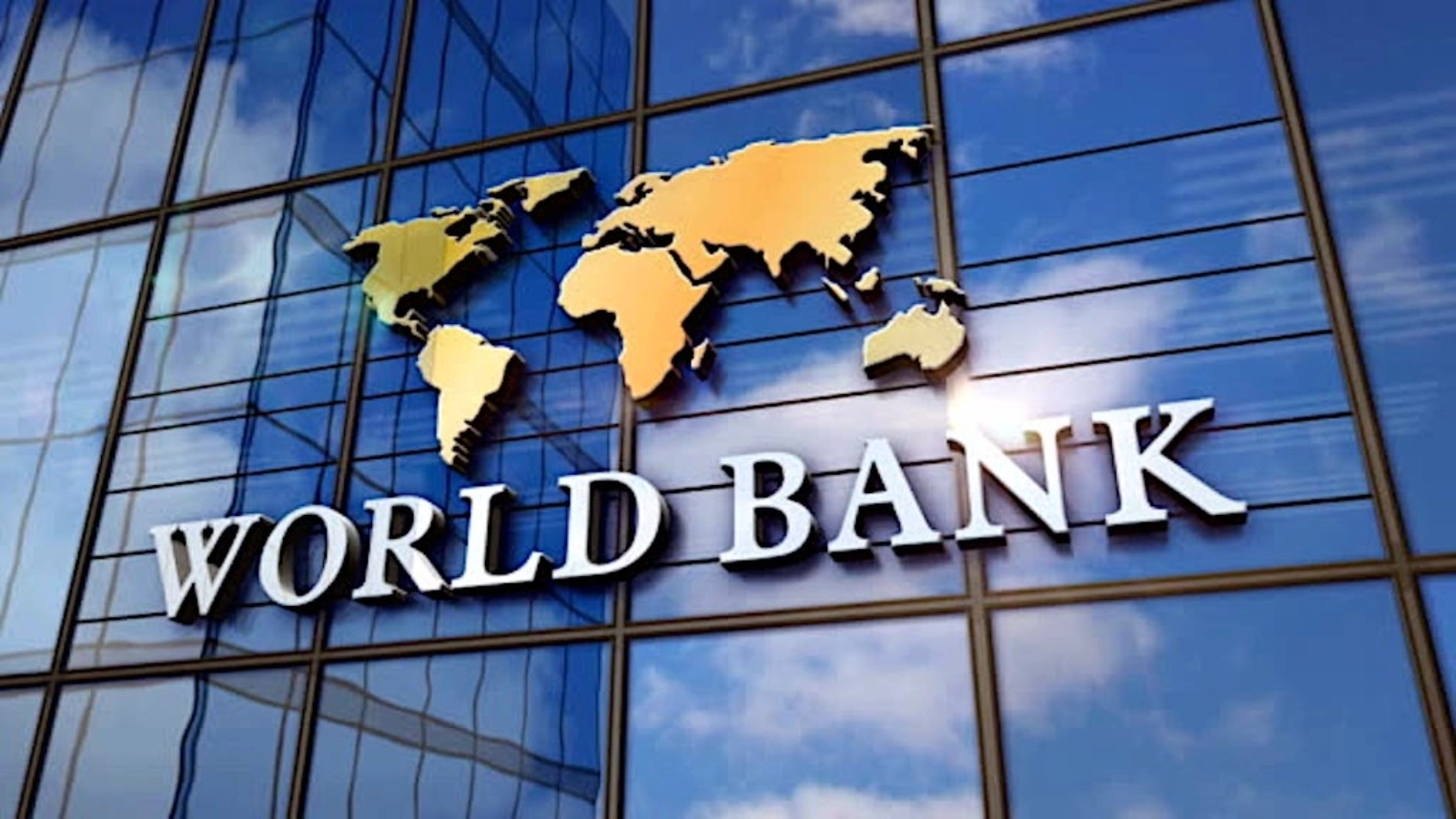







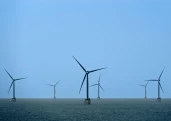






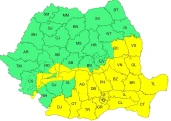




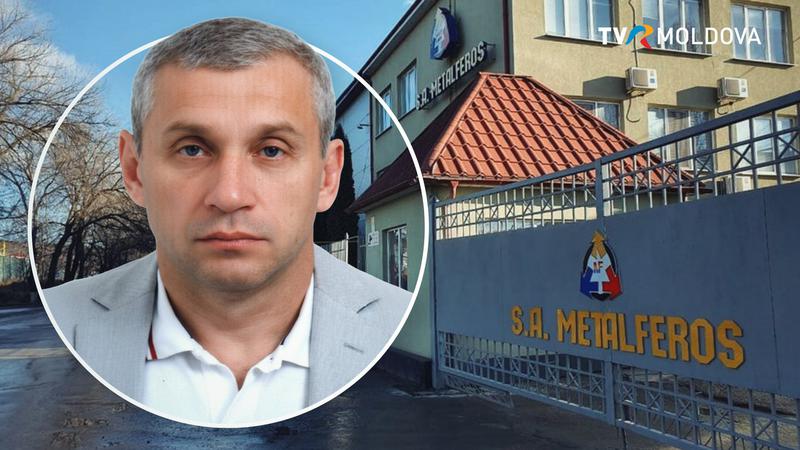

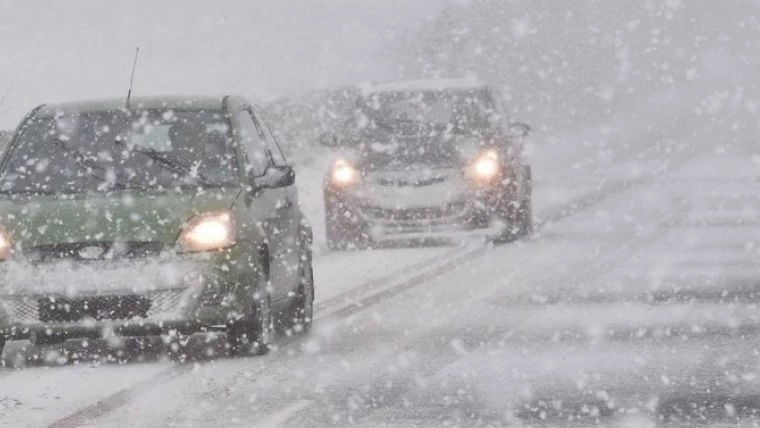




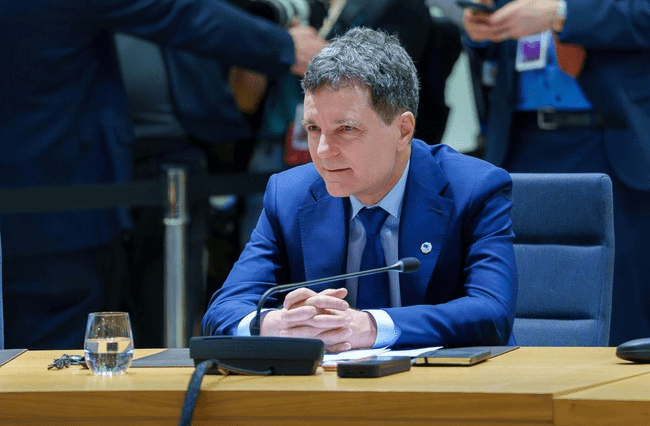



Comentează